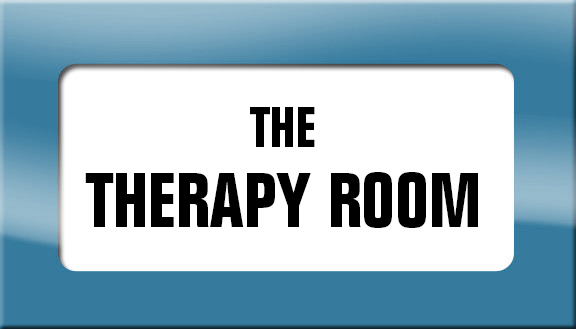Bullying has existed since the beginning of time. This is the digital age and today bullying no longer simply happens in one’s personal space. One can be cyber-bullied from thousands of miles away over the Internet using e-mail or text messaging, or using Twitter, Facebook, Instagram, and many other Internet sites. With so many ways to bully others, it is getting more difficult than ever to control it, and to protect and save victims. What exactly is bullying, who are bullies and what are their motivations, and why are certain individuals targeted? Let’s explore these questions.
Let’s define bullying:
It is unwanted, aggressive and repetitive behavior that involves a real or perceived power imbalance, such as physical strength or access to private, or embarrassing, information to control or harm an individual. Bullying includes actions such as threats, spreading rumors, attacking someone physically or verbally, and purposely excluding someone from a group.
Three types of bullying:
Verbal: Saying or writing mean things by teasing, name-calling, saying inappropriate sexual comments, or taunting and threatening to harm.
Physical: Hurting a person’s body or possessions by hitting, kicking, pinching, tripping, pushing, spitting, breaking someone’s possessions and making inappropriate hand gestures.
Social or relational: Hurting someone’s reputation or relationships by leaving someone out of a group activity, telling others not to be friends with someone, spreading rumors and publicly embarrassing someone.
Who is the bully?
Bullies come from all walks of life, all ages, genders, races and from all parts of the world. Bullies are often people who have been bullied or abused themselves, and turn to being powerful using fear tactics as a way to gain respect from people who look up to them. There are also new studies that show that bullies have excellent self-esteem and usually have a sense of entitlement, and lack social skills and impulse control.
Who are the victims?
People who bully tend to look for victims over whom they believe they have power. Bullies pick on others who are shy, socially isolated, insecure or different in the way they look or act compared to the norm.
No one deserves to be bullied and many victims feel shame or embarrassment that they have been bullied, so often try to hide it. The victims of bullying often feel badly and see themselves as deserving of the bully’s attention.
Who is the bully-victim?
Some individuals fit both the role of bully and victim and are defined as such. Generally, from a behavioral and emotional point of view, bullies experience behavioral issues; victims experience emotional issues; bully-victims experience both behavioral and emotional issues. Studies show that the bully-victim generally experiences the most problems and has the highest risk of adverse outcomes.
What can we all do?
If a person is being bullied, they should tell someone, such as a parent, a teacher or a police officer. The person being told must then take action to stop the behavior. Psychotherapy can help get to the root of the issue and help the victim recover, and help the bully change their actions and behavior.
Bullying is a serious issue and must be stopped, as it has proven to have lasting psychological effects on the victims and the bullies as well. There is help for victims, bullies and anyone who knows that bullying is going on. Do not be a bystander; it is everyone’s responsibility to help stop bullying – change is possible! For more information, go to www.stopbullying.gov.
Dr. Julia Breur is a licensed Marriage and Family Therapist with a private clinical psychotherapy practice in Boca Raton. Further Information is available at www.drjuliabreur.com.









